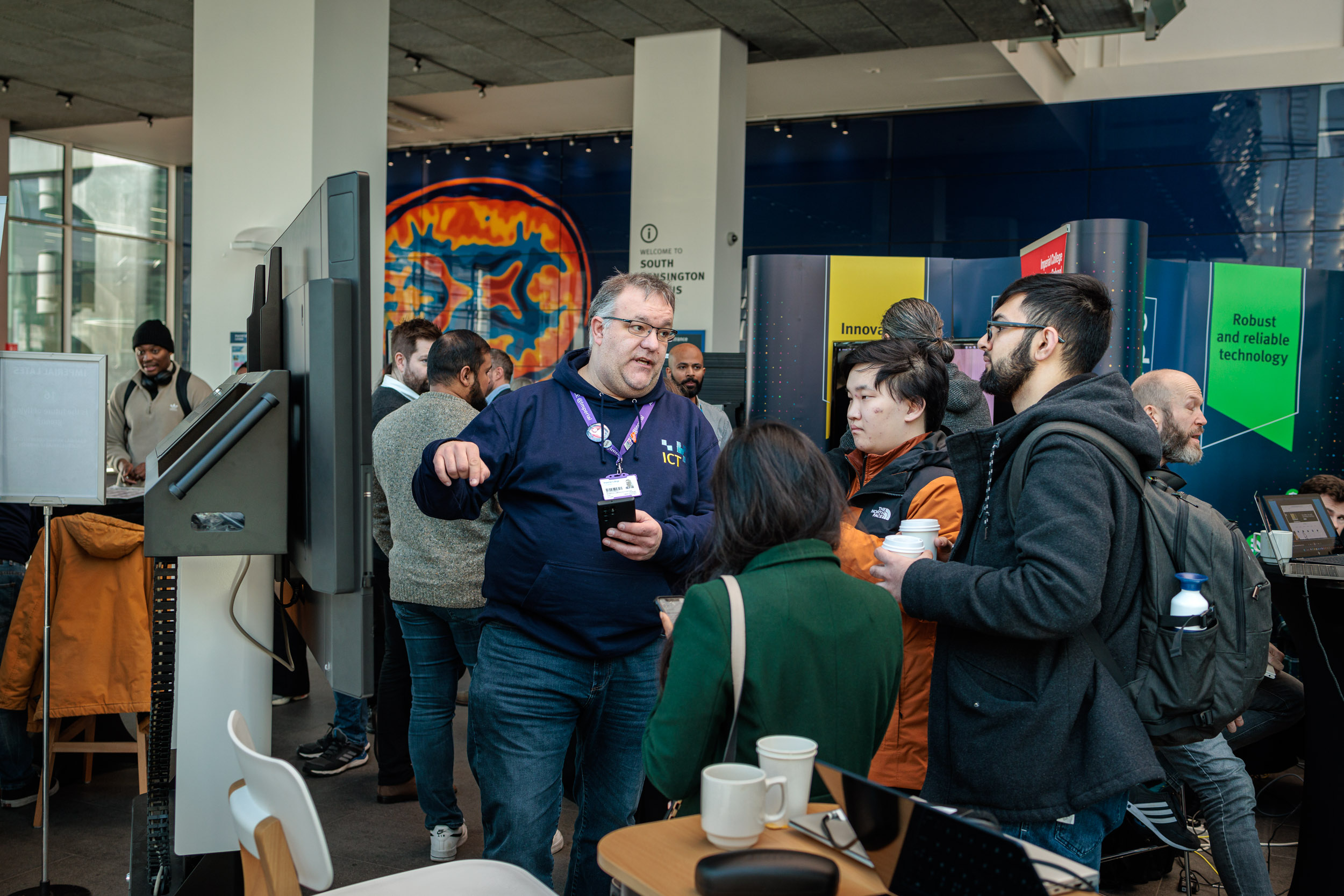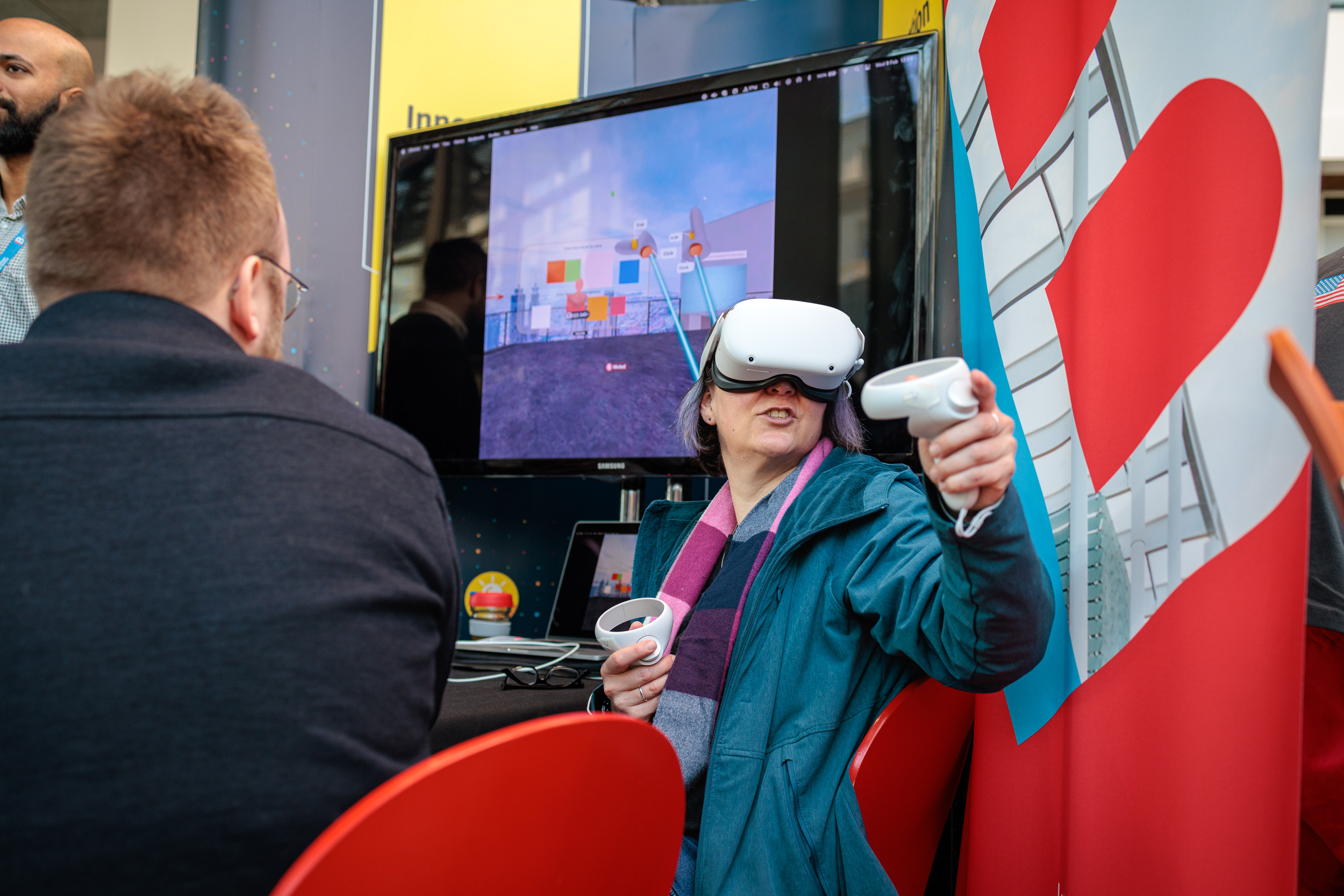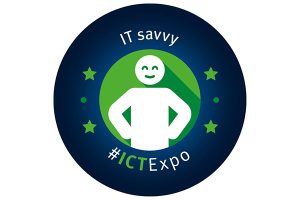Jörg Sassmannshausen, Research Computing Analyst at Imperial, hosted the EasyBuild User Meeting 2023 in April.
What is EasyBuild?
EasyBuild is an open-source software build and installation framework for installing scientific software on High Performance Clusters (HPC).
EasyBuild is a tool that helps provide consistent and high performance, and helps Jörg and team to save time by automating repetitive tasks, which can be tedious!
How does EasyBuild work?
Jörg and his colleagues implement the software by means of several scripts, which can be best described as three different blocks:
- Framework is what holds the machinery together.
- Blocks give generic instructions of what to do with a particular installation type, e.g. unpacking a compressed file and copying the content to a directory. More complex installations have their own EasyBlocks, and can support 41 generic EasyBlocks and over 3085 different software packages (incl. toolchains, bundles).
- Config – EasyConfig files are the instructions sets of where to download the software from i.e. the home page of the software, what it is and how to install it.
Jörg and the Platforms Team is very actively contributing to configuration by either providing an EasyConfig file for a newer software version or simply creating EasyConfig files from scratch for software which is currently not in EasyBuild.
Jörg says “Right now there are around 800 config contributions open in EasyBuild, with around 90-100 coming from us in the Platforms Team.”
Jörg informs us, “Here at Imperial we are using EasyBuild for the software installation on our HPC cluster. So instead of installing software manually, which is often not really reproducible and definitely time consuming, for software which is already included in EasyBuild we have a robot in place who does that work for us. Given we’ve got different CPU architectures on our cluster, we are building the software several times to these architectures.”
Building a community is easy
EasyBuild is not only the software, but also a large community. EasyBuilders come from all over the world, for example from the University of Birmingham and York University in the UK, to major international research centres, like Jülich or large computer networks like the Digital Research Alliance of Canada.
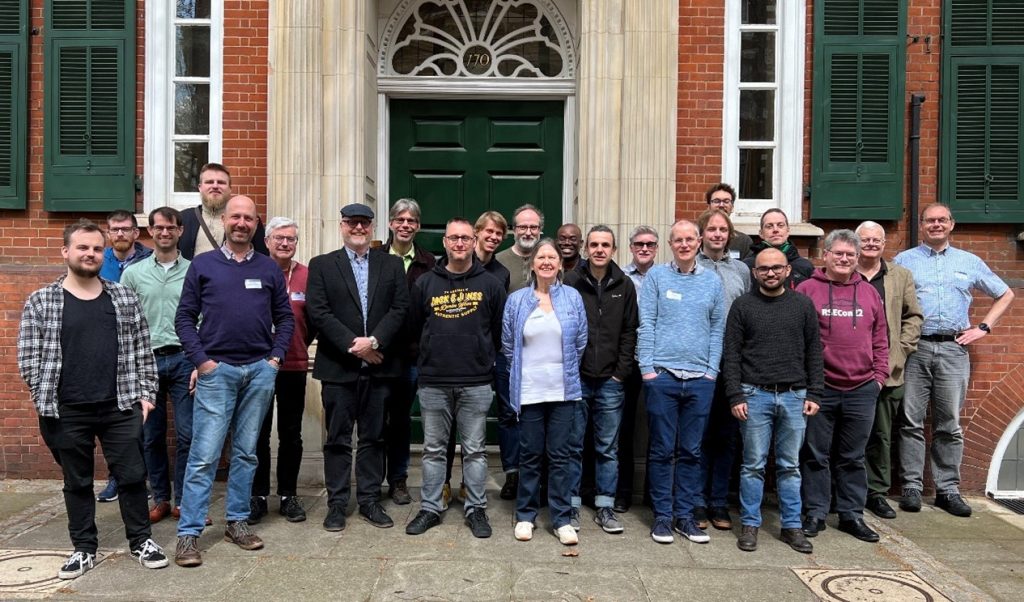
The annual meeting is a three-day event, and not only brings the users together, but it also the domain-specific experts together with interesting talks.
The talks are streamed live on the day via Zoom, so remote participants can ask questions, but are now available on YouTube.
Watch the content from the User Meeting online:
- Keynote speaker, Ian Cutress TechTechPotato – More Than Moore – Emerging Technologies and Silicon for HPC: Not all Cores are Equal
- Santiago Lacalle Puig, Imperial College London, The Challenges of Installing Software on HPC Systems
- Israel Vieira, Imperial College London – User experience with EasyBuild deploying Health-GPS Microsimulation to Imperial HPC
- Martyn Guest, Cardiff University – Performance of Community Codes on Multi-core Processors – An Analysis of Computational Chemistry and Ocean Modelling Applications
The second and third day were dedicated to a workshop of how to install EasyBuild, which was predominantly visited by UK system administrators.
Jörg said “Overall, we were really pleased with the event and both the meeting and the workshop were rated excellent in the user survey.”
As well as the EasyBuild meeting, authors can come along to TechTalks to discuss their particular software throughout the year.
Bonus materials
Easy Build interactive tutorial video – This video will provide a high-level introduction to the software build and installation framework EasyBuild (https://easybuild.io/). EasyBuild is focused on supporting the installation of software on High Performance Computing (HPC) platforms and is increasingly widely used as a tool to simplify this process. Jörg Sassmannshausen, Senior Research Analyst at Imperial College London, introduces how EasyBuild works with this interactive tutorial.
Audio Podcast – Listen to this Code for Thought podcast entitled ‘ByteSized RSE: Easy Does It – with easybuild’ with Jörg Saßmannshausen
Get in touch
If you want to find out more about EasyBuild User Meetings email: eum@lists.ugent.be
To discuss Imperial’s involvement or EasyBuild installation contact Jörg Sassmannshausen, Research Computing Analyst
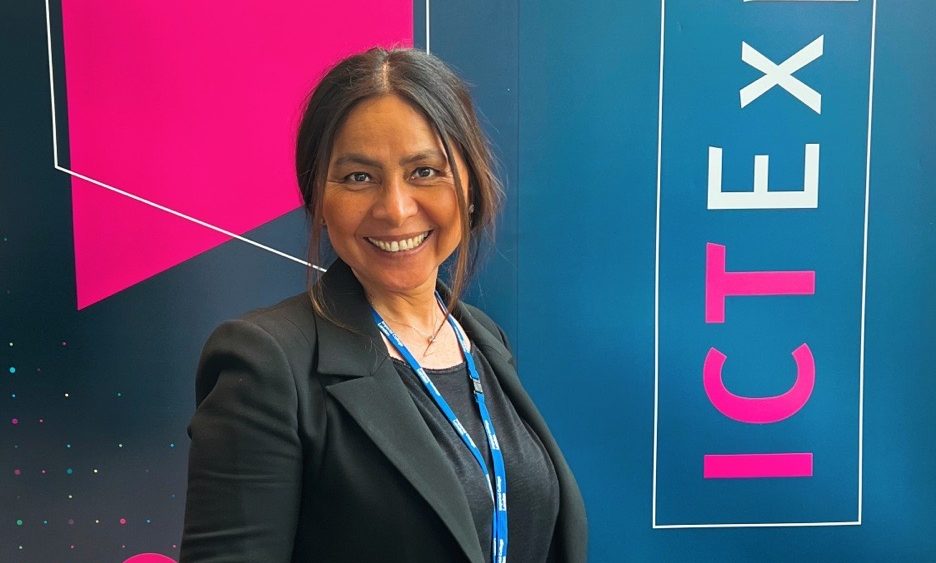
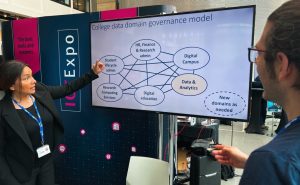 I arrived in the UK in my early 20s, with little English but a passion for technology and embarked upon a degree in Computer Science.
I arrived in the UK in my early 20s, with little English but a passion for technology and embarked upon a degree in Computer Science.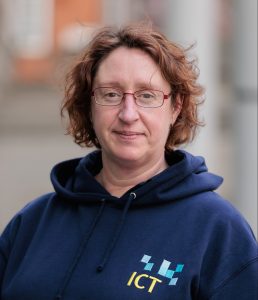 I am the Audio Visual (AV) Installations Manager for Imperial College. I manage and control the delivery of complex technical installations in both new buildings and room upgrades/refurbishments.
I am the Audio Visual (AV) Installations Manager for Imperial College. I manage and control the delivery of complex technical installations in both new buildings and room upgrades/refurbishments.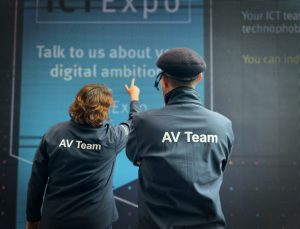
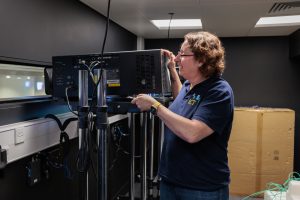
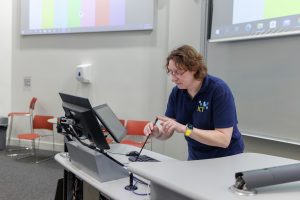

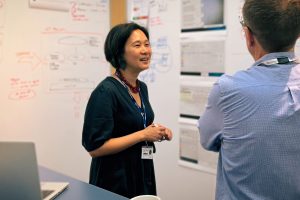 My future aspirations
My future aspirations
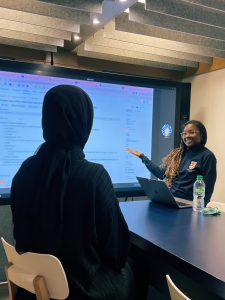

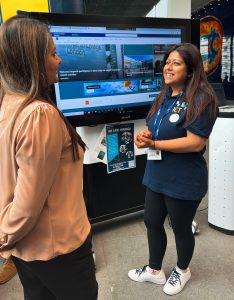
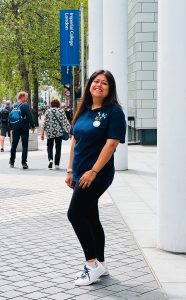 My future aspirations
My future aspirations
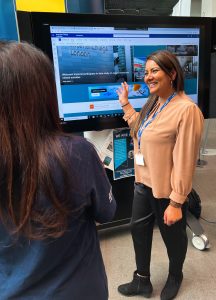
 This summer I am excited to be taking on a new challenge to broaden my skill set further by taking on more technical and complex activities as the Software Asset Management Lead in the ICT Digital Infrastructure team.
This summer I am excited to be taking on a new challenge to broaden my skill set further by taking on more technical and complex activities as the Software Asset Management Lead in the ICT Digital Infrastructure team.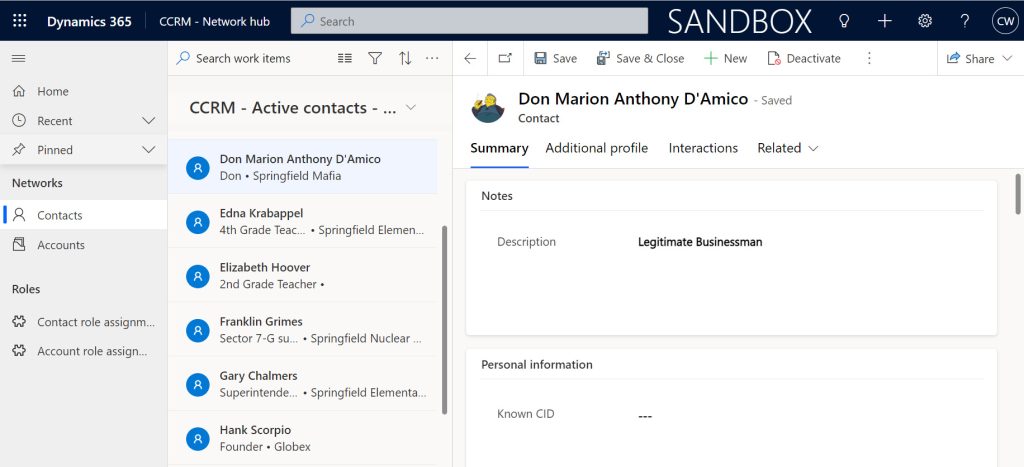
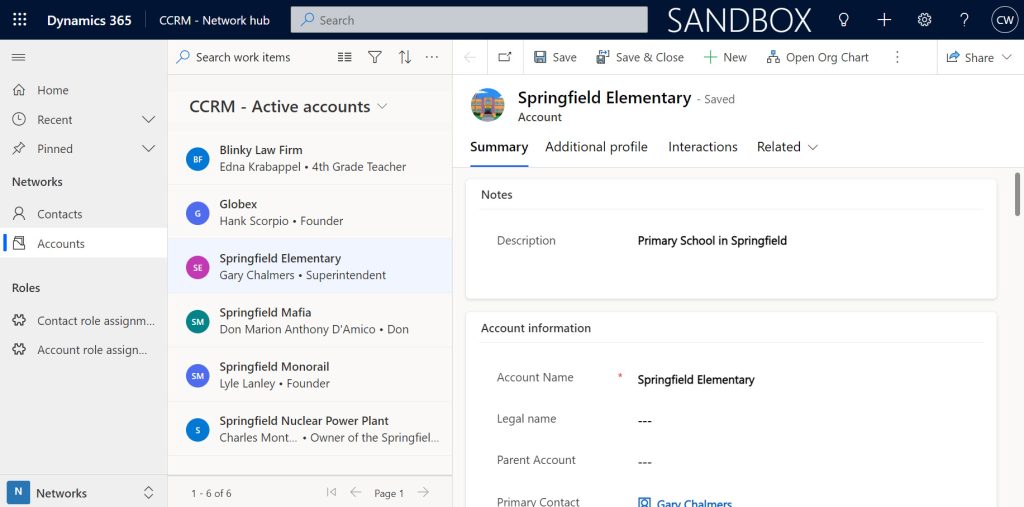
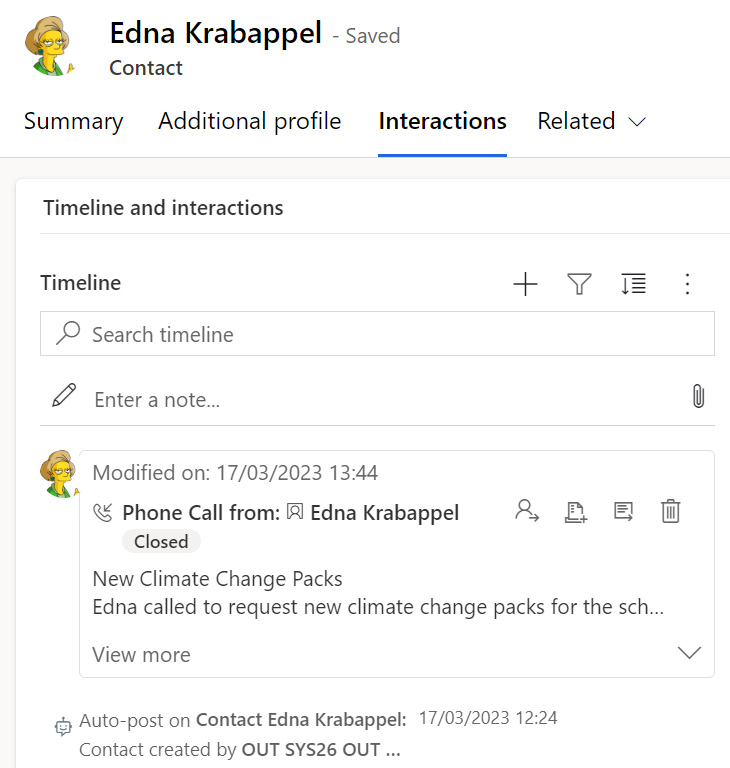




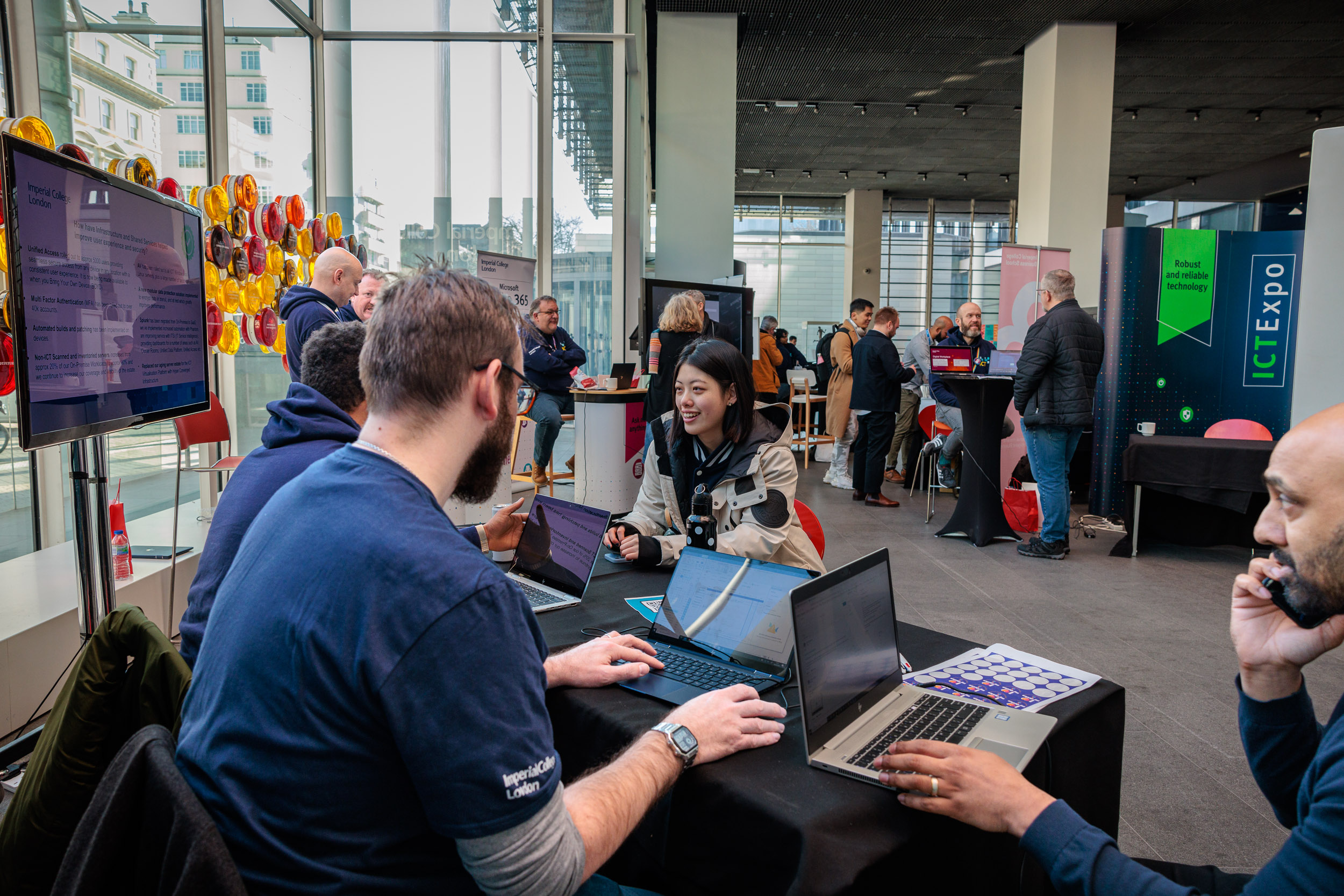 Our ICT team came out from behind their laptops in Sherfield and went on the road with our first ever ICT Expo.
Our ICT team came out from behind their laptops in Sherfield and went on the road with our first ever ICT Expo.